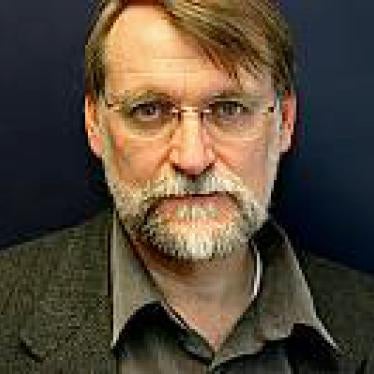The Bulgarian guards found us, pointed their guns at us and started beating us,” the 25-year-old Afghan said, describing what happened to him on 11 January.
“Afterward, they put us in the car and took us to the border. They took all our phones and money and any valuables we had. Before releasing us, they beat us again and pointed to Turkey and told us to go there.”
Faced with the prospect late last year of growing numbers of Syrians and other asylum seekers and migrants arriving via Turkey, the Bulgarian Council of Ministers opted for a “plan for the containment of the crisis”.
Containment does not pretend to solve a crisis, or even to treat its victims fairly and humanely, but implies just keeping a lid on it.
Among the principal aims was “reducing the number of persons seeking protection in the territory of Bulgaria.” Bulgaria deployed 1,500 additional police to the border.
In the month before the plan went into effect, an average of 116 people crossed the border without permission every day; in the first five weeks of 2014, the daily average was fewer than three people. By the end of January, the interior ministry said that “the influx of illegal immigrants has practically ceased."
The government proceeded on the assumption that people entering without documents were not refugees, but simply irregular immigrants.
The president of the State Agency for Refugees told Bulgarian National Radio on April 27 that a person only had to “show up at a border crossing point and say that they were asylum seekers, carrying their ID documents with them”.
But under international refugee law an ID is not a prerequisite for lodging an asylum claim. And those without documents would never be able to exit a Turkish checkpoint and enter at an official Bulgarian entry point. So, undocumented people wanting to make a refugee claim in Bulgaria have no alternative but to try to enter the country irregularly.
“They fired into the sky to scare us and we ran to Turkey,” the young Afghan man told us. “We had no chance even to ask for asylum.”
I was part of a Human Rights Watch team that interviewed 177 migrants and asylum seekers on both sides of the border in December and January.
On December 10, we visited the Elhovo police station, on the Bulgarian side, where in early November an Amnesty International team had found about 500 people crammed into cages in a converted basketball court. We found the cages empty. The Elhovo police chief told us no one had been brought in since 6 November, the date the containment plan was announced.
Although conditions for detainees in Elhovo were bad, they at least succeeded in entering the country.
We interviewed 41 people, mostly in Turkey, who were less fortunate. They described being forced back to Turkey and gave detailed accounts of 44 pushback incidents, involving at least 519 people.
In the first five weeks of 2014 — when only 99 asylum seekers succeeded in crossing from Turkey to Bulgaria — more than 20,000 Syrian refugees entered Turkey. By the end of January, Turkey had registered 580,756 Syrian refugees and another 44,800 non-Syrian asylum seekers.
The number is still growing.
The number of refugees in Bulgaria, however, has decreased by 27 percent, from 9,247 registered asylum seekers in mid-December, to 6,832 as of March 19.
Bulgaria, with EU and other international help, has improved the humanitarian situation inside the country. But these improvements should not mask the ugly pushbacks taking place in the shadows at the Turkish border.
The European Commission has taken initial steps on enforcement action against Bulgaria over alleged pushbacks of Syrians.
The EU and others need to keep up the pressure on Bulgaria not only to maintain improvements in its reception conditions and asylum procedures, but also to guarantee the most fundamental protection — access to the territory to lodge asylum claims.
Bill Frelick is the director of the refugee program at Human Rights Watch







